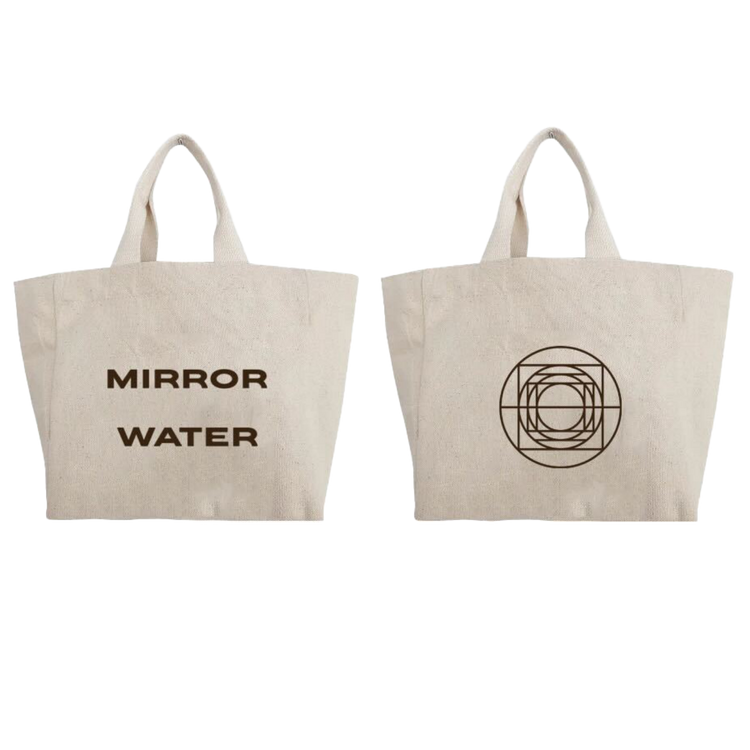
Unmasking The Online Wellness World: Reimagining #Girlboss culture, self-improvement, and embracing imperfection with journalist Amal Abdi
Sex and the City’s Carrie Bradshaw. The Devil Wears Prada’s Andy Sachs. How to Lose a Guy in 10 Days’ Andie Anderson. If you’ve ever watched an early 2000s rom-com, you’d think that being a journalist is the most glamorous job a girl can have. And with all that glamour and glitz, surely there’d be a self-care and wellness regimen to match.


The truth is being a journalist is not as romantic as the movies make it out to be. Often, it's writing articles on very tight deadlines, chasing late payments, or pursuing investigative dead ends. But that doesn’t mean it can’t be fun. I’ve been to fancy film premieres, interviewed actors and designers, and reported on important stories.
After spending half of 2020 watching TikToks of girls in pretty floral dresses, I decided to start writing and thinking seriously about the trends in culture. What turned people into e-girls, enchanted them to cottage-core or seduced them into dark academia? I became so interested in these topics that I decided to go back to university to do a Masters in English Literature, where I researched online culture.
You might be asking, did you just write a dissertation about memes? Yes and no. I researched how the internet changes our ideas of ourselves and how it influences economies specifically geared to women. It may seem obvious, but I’m curious to understand what is actually the allure of influences. What is so interesting about a stranger's journey with fashion, or beauty or everyone’s current favouite hot topic, wellness.
But what is wellness anyway? There’s an entire industry named after this amorphous, nebulous thing that no one can really point to. At this point, it feels like the #girlboss version of venture capital or hedge funds; we’ve all heard the name but who can actually provide an accurate definition. Perhaps this is why wellness is such a contested issue. It somehow means everything and nothing. Yet that is not to say it has no effects.
Wellness inherently comes with a pressure to be better. Incidentally, that betterment is often in regard to the body, particularly the female one. The fact that wellness is so convoluted, ranging from skincare to gut health, only underlines that there is an unachievable standard that we are still striving and inevitably failing at. In the wellness space, there is a crucial link between creating your ideal self and creating your ideal body. To be the best version of yourself, you are asked to discipline your body, which acts a visible and legitimate sign of being ‘in control’. And after all what could be more #girlboss than a woman in control.
Of course, this does not mean we should stop trying to improve, it is just a matter of what improvement means to each person. No one can go through life alone, it only makes sense to have mentors and guides around you. Sometimes that mentor is in your immediate community, sometimes that’s your comfort influencer and sometimes that is Gwenyth Paltrow and whatever she’s got going on at Goop.
In her essay ‘Always Be Optimising’, writer Jia Tolentino laments the wellness industry for situating women's self-improvement as “a ridiculous and often amoral project” (65). As feminists, we often prematurely celebrate the fact that women are no longer explicitly pressured into “having it all” when in reality, it’s merely that we’ve shifted our understanding of “having it all”. As always, the goal post has shifted so that women must now participate in the ‘optimizing industry’ in which every aspect of our lives must be optimised and perfected.
Ultimately, the way we make wellness a better space is by moving away from constantly needing to be perfect. Truly caring, whether it be for the self or for others, is welcoming people at all parts of their journey.
As a journalist, I spend so much time researching possible stories and checking facts before I write them, I don’t want to spend additional time trying to understand how retnoid works. Perhaps, if I were Carrie Bradshaw, I’d round up the girls to a chic New York club and ask one of them to explain it, but alas I am not. I rely on communities like MIRROR WATER to demystify the overly complicated and bring charm back into wellness. I trust that in this case, the online world has my back and in turn, they’ll have mine.
Amal Abdi is a journalist and playwright based in London. She is interested in the influence of technology and the digital space on politics, activism, and culture. Her new play Desperate Times is debuting in October. You can find her on Twitter at @amoollie_
















